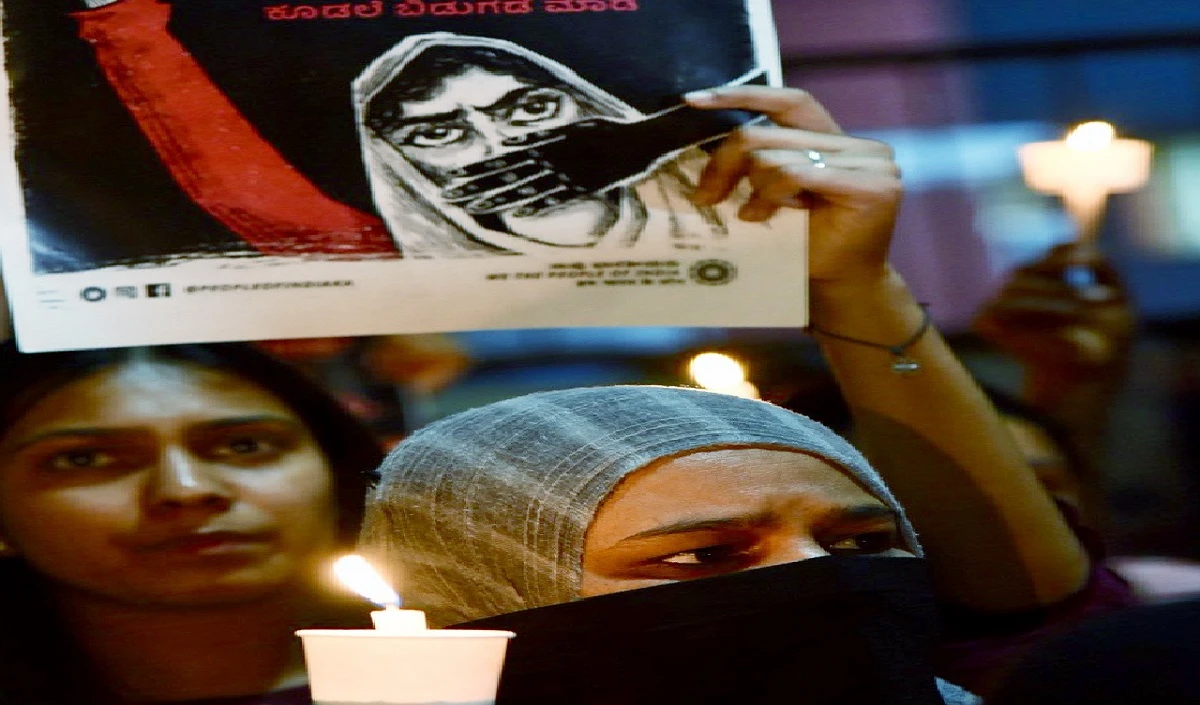
Justice Arun Monga also pointed out that the BNS provision is fundamentally similar to the sedition offense introduced by the British. Justice Monga said it criminalizes acts or attempts that incite secession, armed rebellion, or subversive activities, or encourage separatist sentiments that threaten the stability of the country. Prima facie, it appears that this is section 124-A (sedition) being reintroduced by another name.
The Rajasthan High Court has said that Section 152 of the Indian Code of Justice (BNS) appears to re-introduce sedition laws from the abolished Indian Penal Code (IPC) and should not be used to undermine legitimate dissent. . Justice Arun Monga also pointed out that the BNS provision is fundamentally similar to the sedition offense introduced by the British. Justice Monga said it criminalizes acts or attempts that incite secession, armed rebellion, or subversive activities, or encourage separatist sentiments that threaten the stability of the country. Prima facie, it appears that this is section 124-A (sedition) being reintroduced by another name.
He said it is a matter of debate as to which of the two provisions i.e. the one repealed (sedition) or the one re-enacted is more stringent. The high court was hearing a plea by a Sikh preacher seeking quashing of the FIR lodged against him under the same BNS section after he posted a video on Facebook expressing sympathy for Canadian pro-Khalistan MP Amritpal Singh. Was. The court ruled that there should be careful application of Section 152 in line with the right to freedom of speech and expression. It also pointed out that this provision should not be seen as a sword against dissent but as a shield necessary for national security.
The explanatory provision thus provides a balancing act. It balances national security with individual rights, ensuring that legitimate political dissent is not suppressed under the pretext of maintaining sovereignty, legal news outlet Bar & Bench quoted the judge as saying. Justice Monga emphasized that for such provisions to apply there must be a direct and proximate connection between the speech and the possibility of rebellion or secession.
other news



